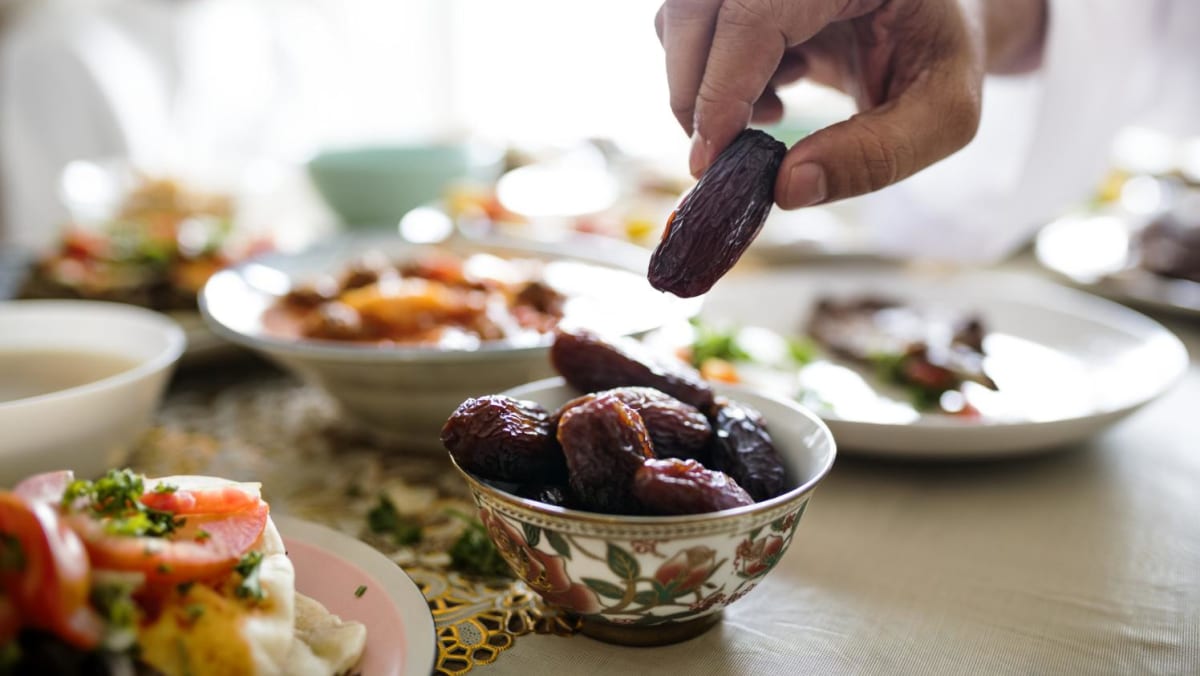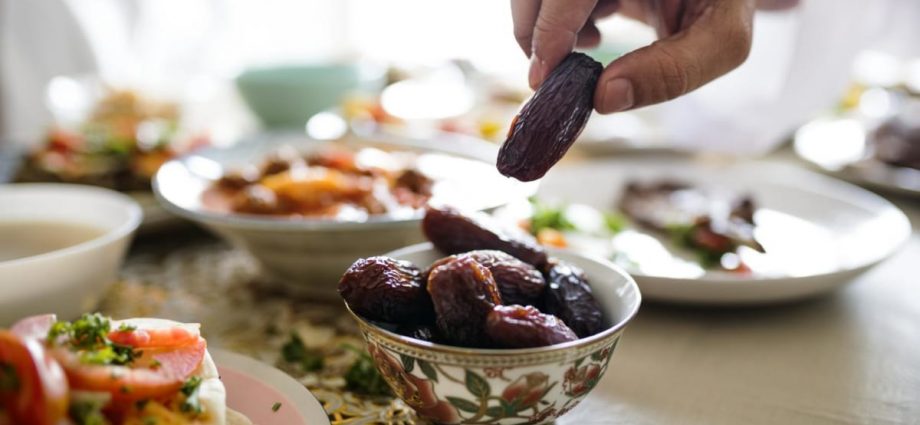
If you have diabetes, it is advisable to check with your doctor, said Dr Ester Yeoh, a senior consultant endocrinologist from Admiralty Medical Centre’s Diabetes Centre and Khoo Teck Puat Hospital.
“In general, those with chronic diseases like diabetes should consult their doctor prior to the start of Ramadan to assess their suitability for fasting, meal planning and receive medical advice related to fasting,” she said, suggesting websites like this to help you make healthier meal plans for diabetic family members.
WHAT SHOULD I FOCUS ON WHEN PLANNING THE PRE-DAWN AND BREAK-FAST MEALS?
For the pre-dawn meal, or sahur, focus on getting longer-lasting energy out of your food, said Reutens, whereas the evening meal or iftar can focus on lean protein, vitamins and minerals to meet the nutritional requirements for the day.
One way to ensure that the first meal of the day is a nutritious one is to prepare the ingredients in advance. “Stocking up the fridge and pantry with healthy and fresh food options – such as eggs, nut butter, wholegrain options like oats, wholemeal bread and brown rice – while also having healthy recipes on hand makes preparing healthy meals easier,” said Dr Yeoh.
To help you feel full for the rest of the day, include wholegrain foods such as brown rice or wholemeal bread into your pre-dawn meal, said Dr Yeoh. If it’s not too much to stomach early in the morning, incorporate protein such as eggs, chicken with its fat and skin removed, fish, low-fat dairy products, and adequate fibre from fruits and vegetables, she said.

